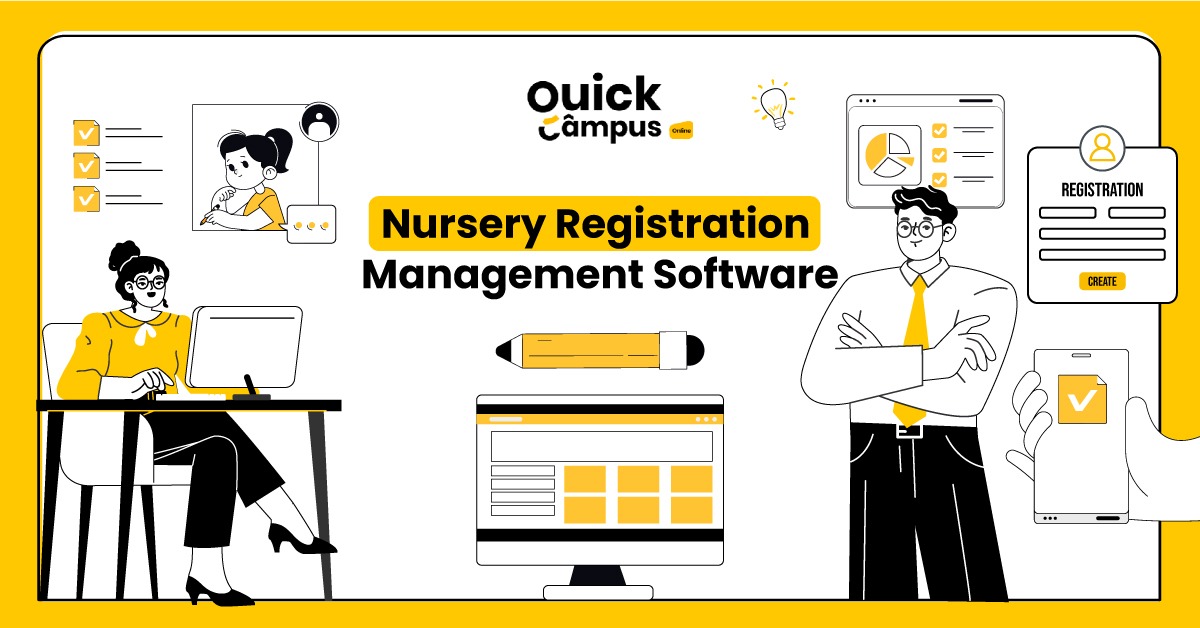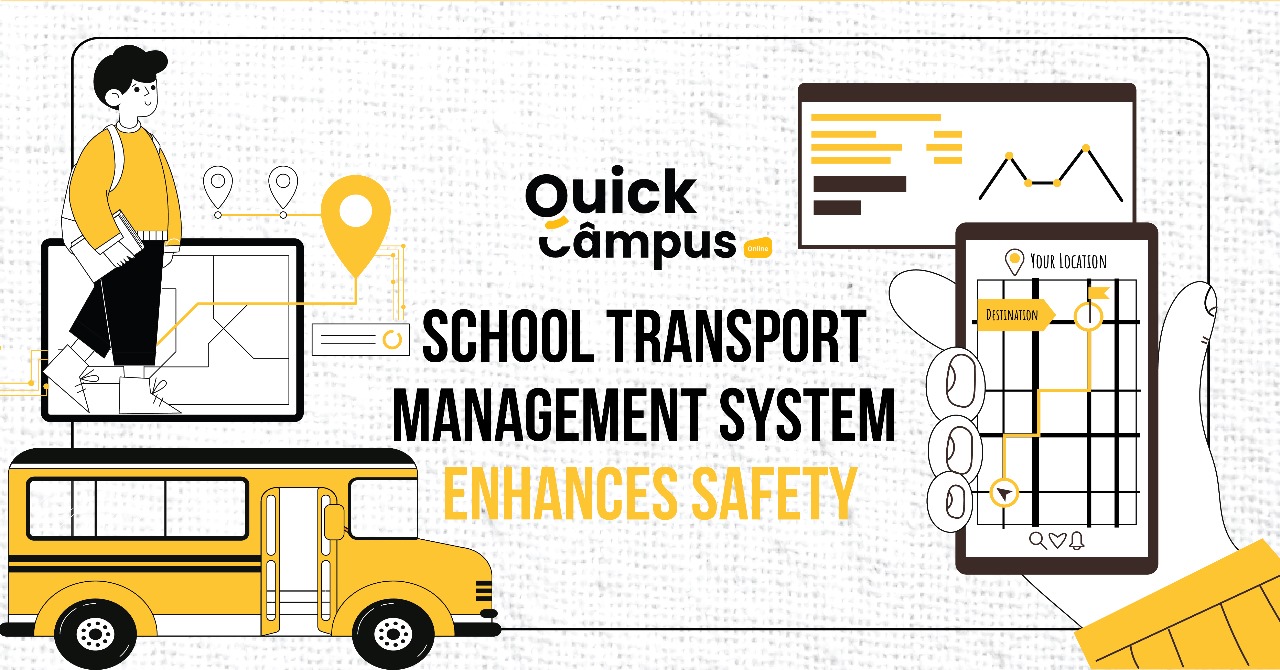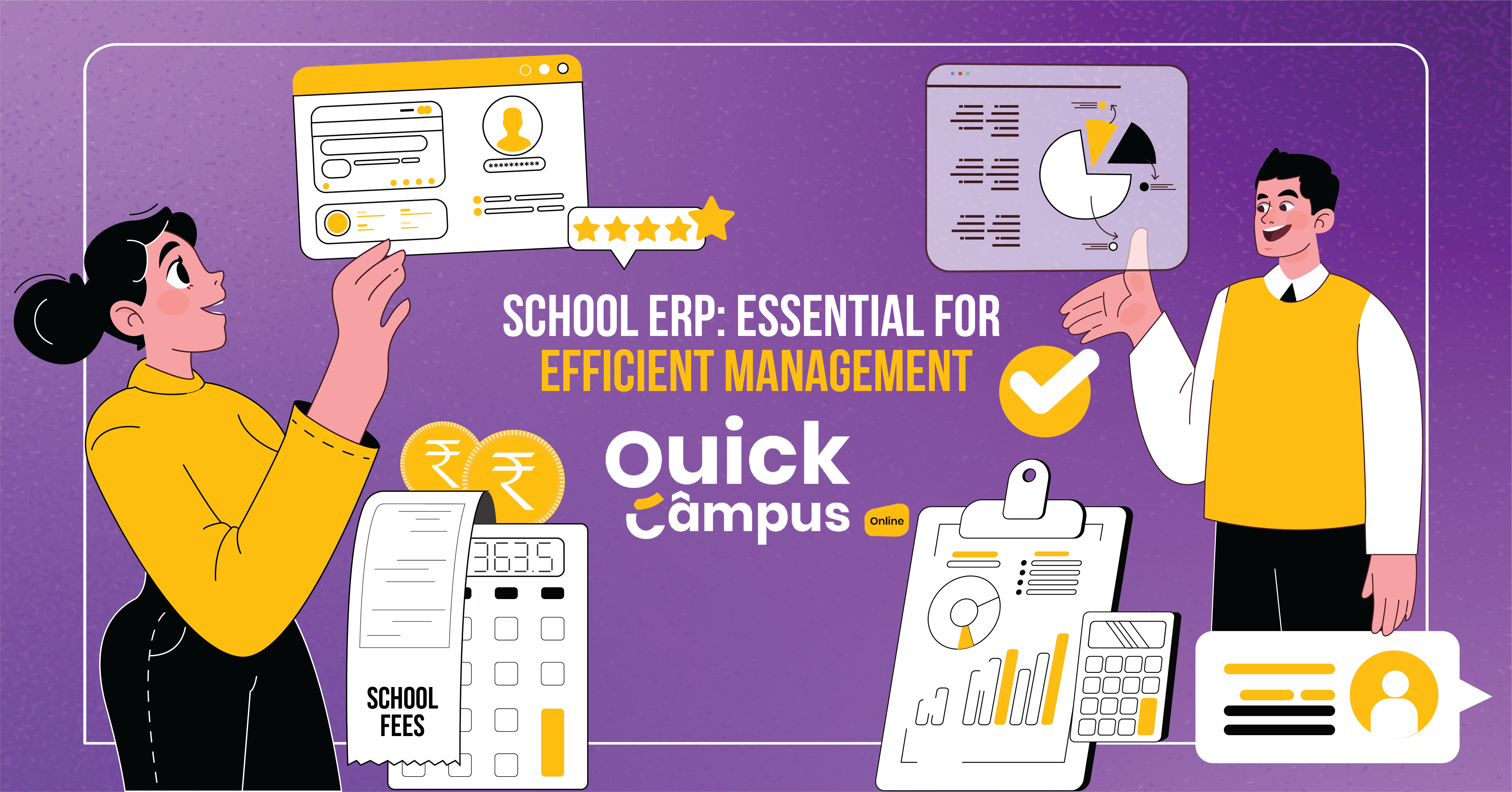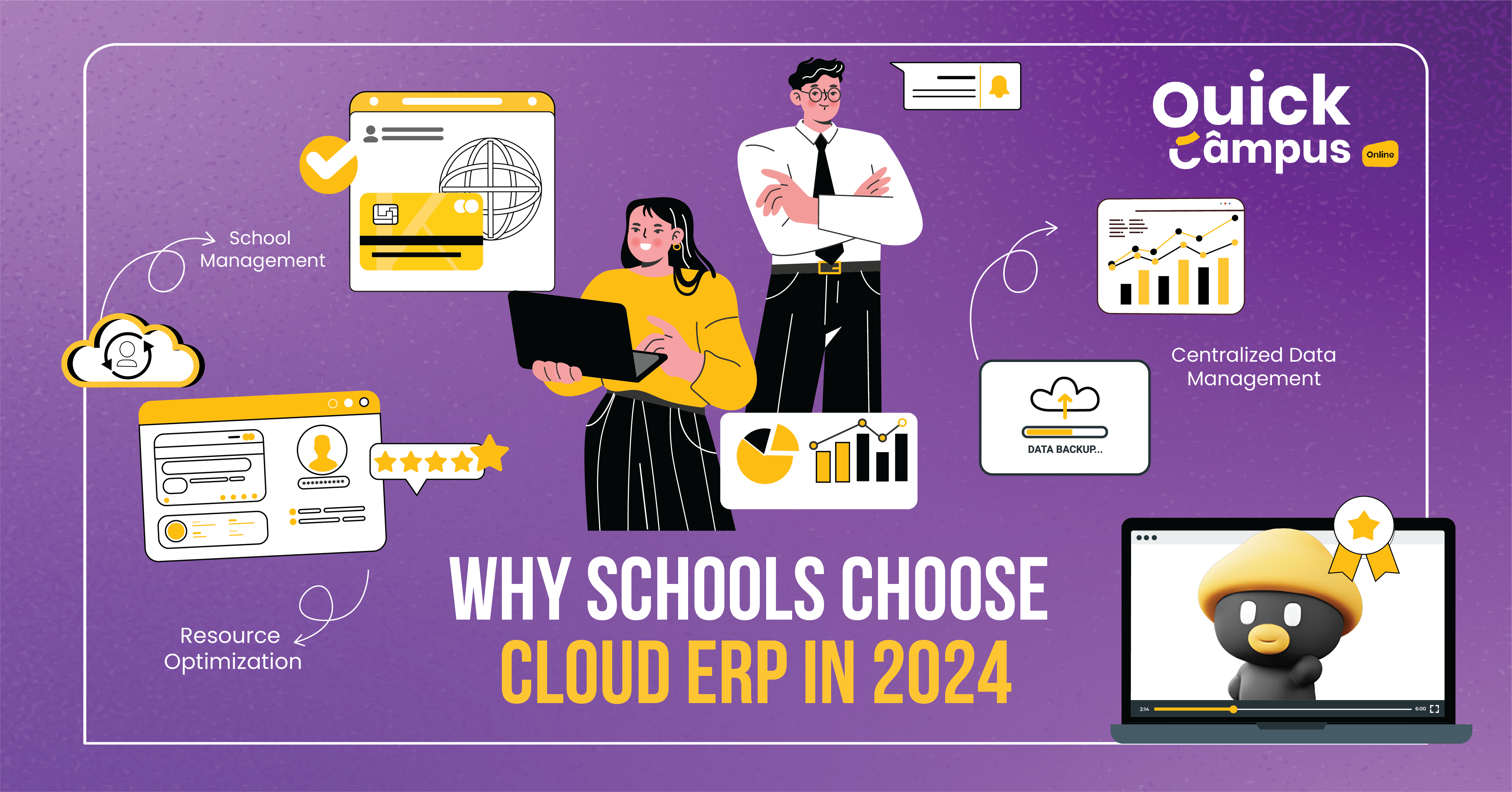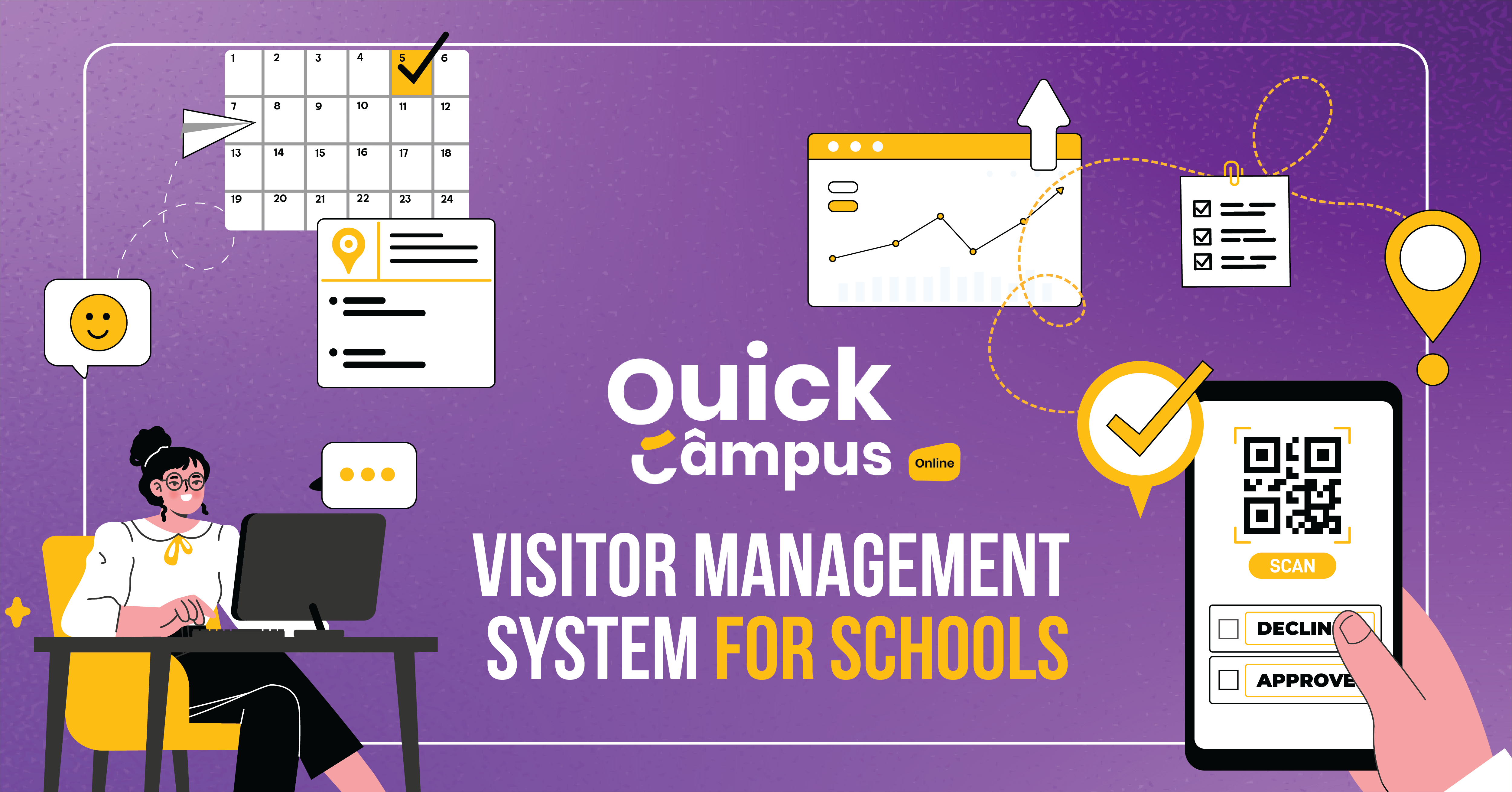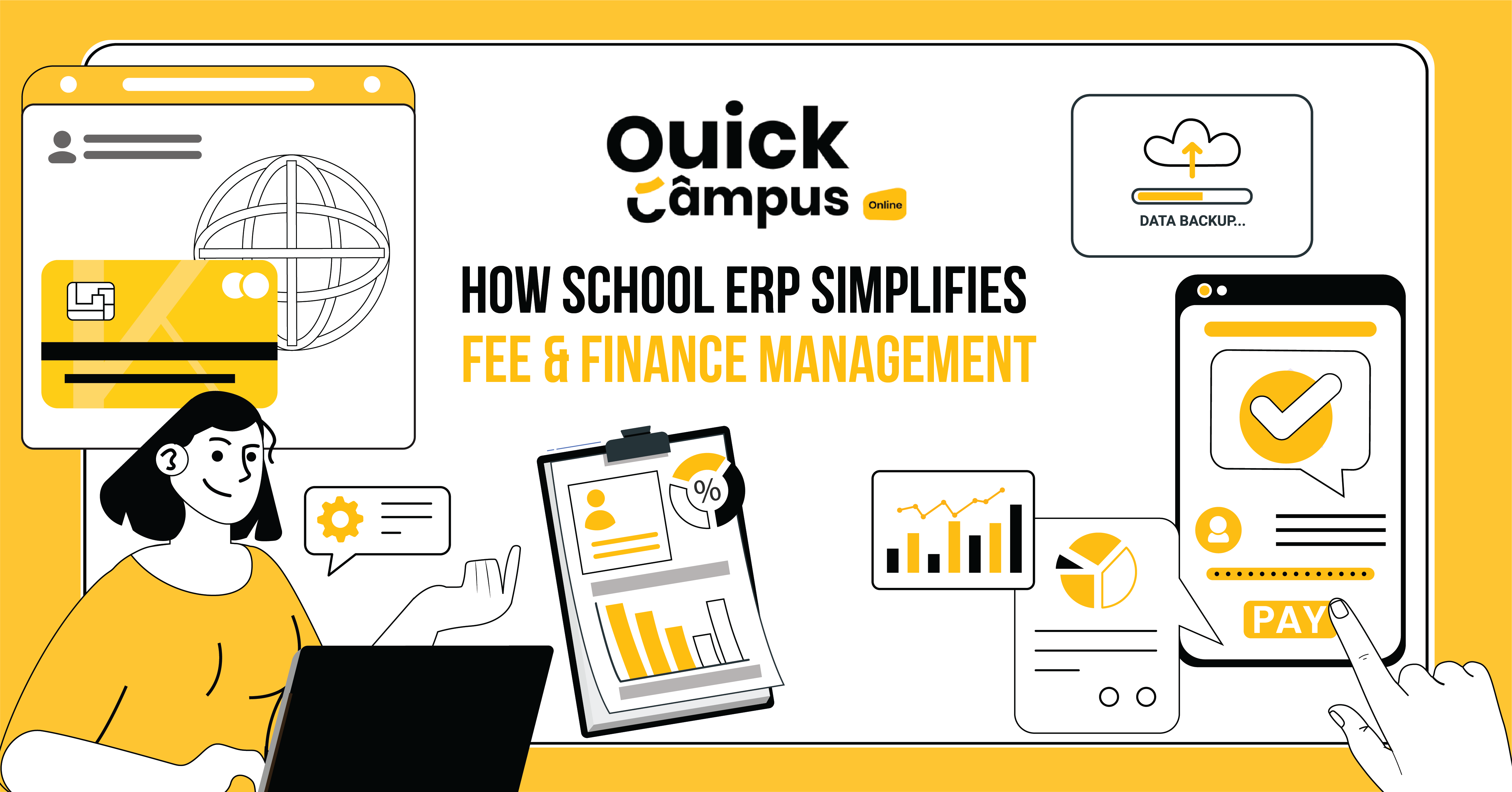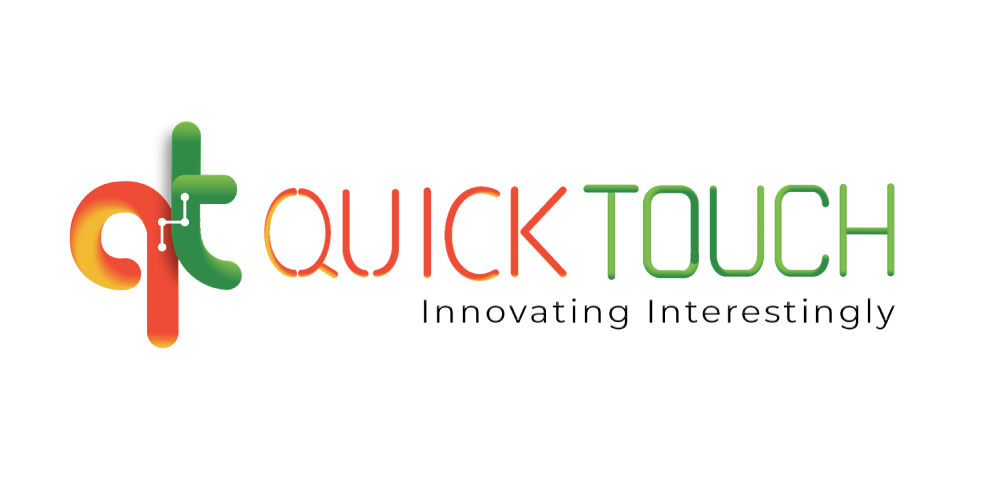Benefits & Limitations Of Open Educational Resources (OER)
Open Educational Resources (OERs) have become increasingly popular in recent years. These resources are available online and support teaching and learning in various contexts free of cost. Let’s explore the benefits and limitations of using OERs in education.
What Are OERs?
Open Educational Resources (OER) are educational materials in various formats, including videos, textbooks, and interactive learning modules. OER can be accessed and utilized by anyone, anywhere, without restrictions or cost barriers. OER is an emerging trend in education, as it promotes collaboration learning, sharing, and innovation among educators and learners.
OERs are often licensed under open licenses, such as Creative Commons licenses, which allow others to use, adapt, and modify the resources for their needs as long as they provide attribution to the original creator. OER has the potential to make education more accessible, affordable, and inclusive, particularly for students in low-income countries or those with limited access to educational resources.
Benefits Of Using OERs
Cost Savings
One of the primary benefits of using OERs is cost savings. Because these resources are free, they can help reduce the cost of education for both students and teachers.
Accessibility
OERs are widely accessible to anyone with an internet connection, meaning students and teachers around the globe can access the same resources, regardless of their location or financial situation.
Customization
OERs can be customized to meet the specific needs of students and teachers. This means that educators can adapt these resources to fit their teaching style and the needs of their students.
Collaboration
OERs can facilitate collaboration among teachers and students. Educators can collaborate to create and improve resources, while students can collaborate on projects and assignments.
Up-to-date Information
Because OERs are easily accessible and updated quickly, they can provide students and teachers with the most up-to-date information on a given topic.
Limitations Of Using OER
Quality Control
Because anyone can create and publish OERs, the quality of these resources can vary widely. It is crucial for educators to carefully evaluate these resources to ensure that they are accurate and appropriate for their students.
Copyright Issues
While OERs are typically free to use, they may be subject to copyright restrictions. It is important for educators to be aware of these restrictions and to ensure that they are not infringing on any copyrights when using these resources.
Technical Issues
OERs may require specific software or technology to access and use. This can be a barrier for students and teachers who do not have access to these resources.
Lack of Accountability
Because OERs are typically created and published by individuals, there is often zero accountability for the accuracy or quality of these resources.
Limited Scope
OERs may not cover all aspects of a specific subject or topic. This means that educators may need to supplement these resources with other materials to ensure students have an in-depth understanding of the subject.
While there are some limitations to using OERs in education, the benefits of these resources are significant. OERs can help reduce the cost of education, increase accessibility, promote collaboration, and provide up-to-date information. However, it is important for educators to carefully evaluate these resources to ensure that they are accurate and appropriate for their students. By doing so, they can take advantage of the benefits of OERs while minimizing the limitations.

